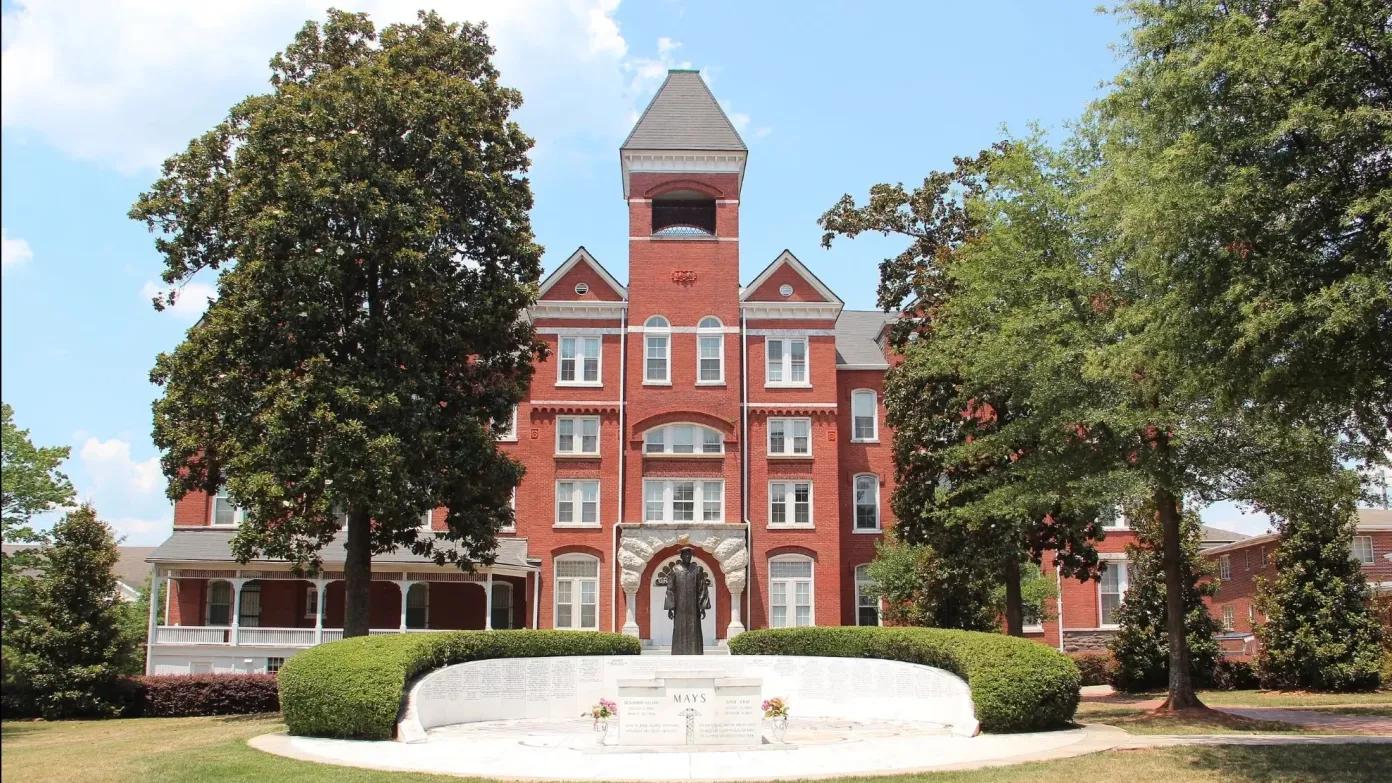By Quintessa Williams
Starting this fall, Morehouse College will be introducing AI teaching assistants, marking a significant development in the field of education. Dr. Muhsinah Morris, the institution’s Metaversity Director and Senior Professor in Education, is leading this initiative. The innovative technology, created in spring 2021, is the result of the collaborative efforts of faculty members Ovell Hamilton, Ethell Vereen Jr., and Tanya Clark.
In collaboration with VictoryXR, a leading platform offering virtual reality immersive classrooms and campuses, Dr. Morris and her team secured funding from Southern Company, Qualcomm, Meta, Unity, the National Science Foundation (NSF), and T-Mobile. This financial support has made the project possible.
Morehouse students will have access to AI teaching assistants that can handle assessments, conduct office hours, and provide 3D demonstrations. The AI teaching assistants will be available to students 24/7, offering a level of support previously unattainable.
“These are different from chatbots because, one, they’re conversational. Two, they’re 3D, and you might just hear my AI TA speak Mandarin,” Dr. Morris explained in a video shared by VictoryXR on YouTube. “The advantages of our AI TAs is that it allows for personalized learning for every scholar on their own schedules. This is the first deployment of fully functional AI TAs. Morehouse College led with Metaversities, and we are going to lead the world in bringing AI to the classroom. What we’re really trying to do with these AI TAs is bring joy back to the classroom, ignite curiosity in our students, and get them to love learning no matter what time of day it is.”
The introduction of AI teaching assistants at Morehouse College offers several benefits. The AI assistants will provide around-the-clock support to students, assisting with assignments and helping them grasp complex concepts even when professors are not available. This aligns with other AI technologies like ChatGPT and Google’s Gemini, which enrich the learning environment if used appropriately.
The 3D capabilities of the AI teaching assistants will also offer students interactive and engaging learning experiences. Personalized learning, as emphasized by Dr. Morris, will ensure that each student can “learn at their own pace and according to their individual needs.”
However, while the benefits are substantial, the implementation of AI teaching assistants does come with challenges and concerns. One primary concern is the potential job displacement for human teaching assistants, such as seniors and graduate students. There is a growing fear that the integration of AI in education could phase out these traditional roles.
Morehouse College is no stranger to technological innovation. In 2022, the prestigious Atlanta-based HBCU became the first college to offer classes in the Metaverse, marking a historic milestone in the realm of digital education. The introduction of AI teaching assistants further cements Morehouse’s position as a leader in educational technology.
At least five Morehouse professors are expected to integrate AI teaching assistants into their courses starting this September.

